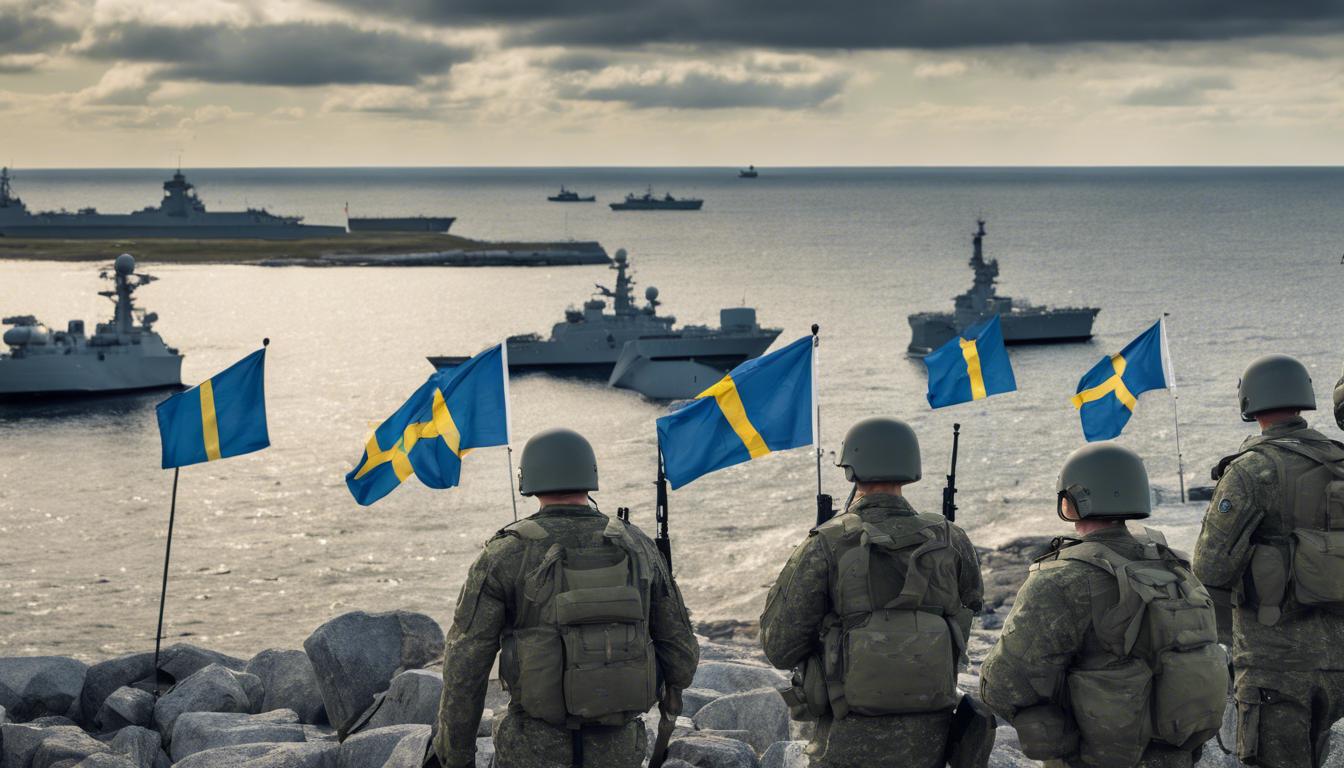In a major strategic move, Sweden is set to enhance the military capabilities of Gotland, a key island in the Baltic, as the nation edges closer to full NATO membership amidst rising regional security concerns.
Sweden’s Prime Minister, Ulf Kristersson, has announced the nation’s openness to bolster the defenses of Gotland, a strategically significant Baltic island, as Sweden progresses with its NATO membership. Gotland’s pivotal location between Sweden and Latvia has thrust it into the spotlight, with the resurgence of Russia necessitating discussions on enhancing the island’s military capabilities with NATO allies. This move underscores the increasing regional security concerns and Sweden’s commitment to addressing potential vulnerabilities through strengthening its defenses, particularly in light of its fresh NATO affiliation.
Sweden’s military presence on Gotland, reinstated in 2018 with approximately 370 soldiers, marks a step towards reviving the island’s defense mechanisms. The country aims to build upon this by improving surveillance and submarine detection capabilities, addressing the comparative shortfall from its historical military engagement on the island. The strategic importance of Gotland, and its control by NATO, is integral to the defense of the Baltic states and facilitates easier reinforcement of the region in coordination with NATO’s multinational force in Latvia.
Kristersson’s announcement comes amidst a heightened focus on NATO’s response to potential Russian threats, with Sweden’s accession to NATO highlighting the evolving security dynamics in the Baltic. The increased military activities, including the involvement in the Nordic Response 2024 exercises with over 20,000 soldiers from 13 nations and the Steadfast Defender 24 maneuvers involving 90,000 troops, signal a robust commitment to collective defense and readiness within the alliance.
These activities underscore NATO’s emphasis on unity and interoperability among its members, facing potential adversaries. The Nordic nations’ integration into NATO, with Sweden joining following Finland, reflects a strategic pivot in Europe’s security landscape post-Russia’s invasion of Ukraine, aiming to solidify a collective defense mechanism against aggression.
As tensions with Russia maintain, NATO’s concerted efforts to enhance cooperation, standardize procedures, and improve capabilities among its members showcase the alliance’s dedication to reinforcing collective security measures. The continual training exercises and the promotion of unity across diverse member nations embody NATO’s resolve to safeguard its territories and uphold the principles central to its mission.
